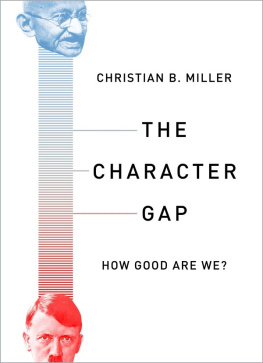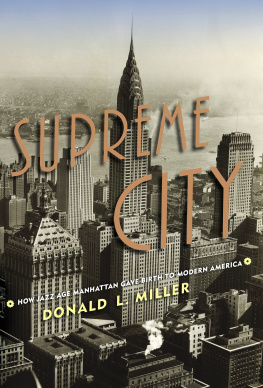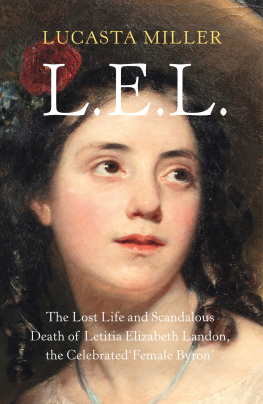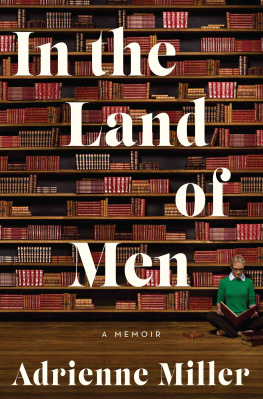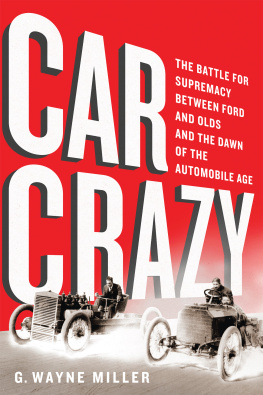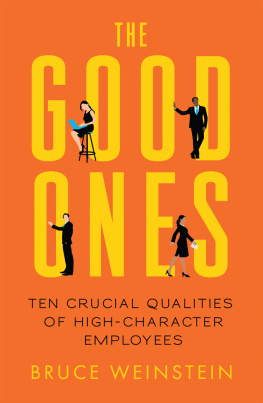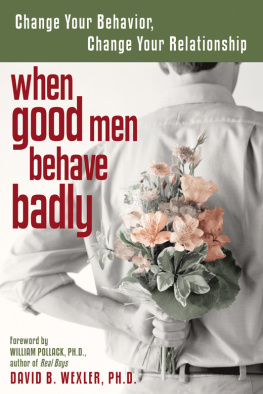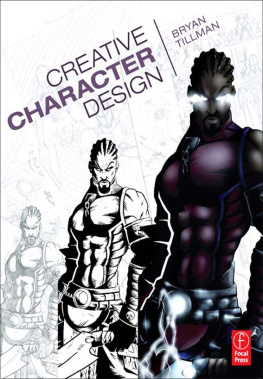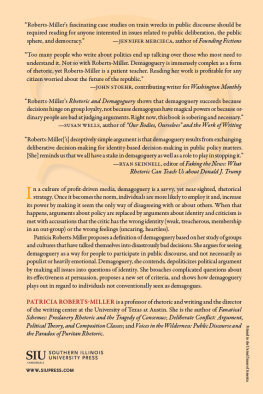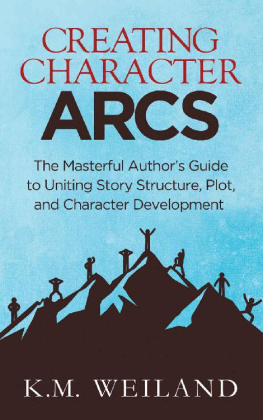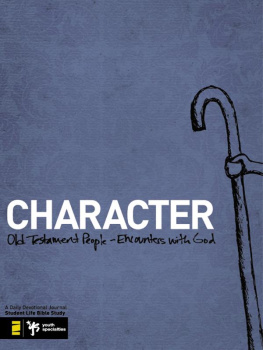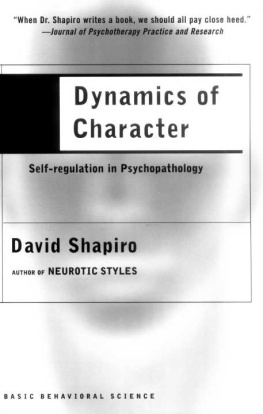THE CHARACTER GAP
PHILOSOPHY IN ACTION
Small Books about Big Ideas
Walter Sinnott-Armstrong, Series Editor
Living with Darwin: Evolution, Design, and the Future of Faith
Philip Kitcher
Morality without God?
Walter Sinnott-Armstrong
The Best Things in Life: A Guide to What Really Matters
Thomas Hurka
Better than Human: The Promise and Perils of Enhancing Ourselves
Allen Buchanan
Whats Wrong with Homosexuality?
John Corvino
On Romantic Love: Simple Truths about a Complex Emotion
Berit Brogaard
When Doing the Right Thing Is Impossible
Lisa Tessman
The Character Gap: How Good Are We?
Christian B. Miller

Oxford University Press is a department of the University of Oxford. It furthers the Universitys objective of excellence in research, scholarship, and education by publishing worldwide. Oxford is a registered trade mark of Oxford University Press in the UK and certain other countries.
Published in the United States of America by Oxford University Press 198 Madison Avenue, New York, NY 10016, United States of America.
Oxford University Press 2018
All rights reserved. No part of this publication may be reproduced, stored in a retrieval system, or transmitted, in any form or by any means, without the prior permission in writing of Oxford University Press, or as expressly permitted by law, by license, or under terms agreed with the appropriate reproduction rights organization. Inquiries concerning reproduction outside the scope of the above should be sent to the Rights Department, Oxford University Press, at the address above.
You must not circulate this work in any other form and you must impose this same condition on any acquirer.
CIP data is on file at the Library of Congress
ISBN 9780190264222
eISBN 9780190264246
To William Christian Miller, my joyful son
CONTENTS
But Vance had struggled with heart problems for many years, and suddenly he collapsed to the floor.
Imagine you are shopping at Target and happen to turn down a crowded aisle where you encounter a man in distress. What would you do? Help him in some way, of course. Wouldnt everyone?
Well, it turns out that many of the shoppers did nothing at all. They walked around his body. Some even stepped over his body! It was only later that several nurses administered CPR. But it was too late. Walter Vance died that night in the hospital.
We might immediately thinksurely those were awful, cruel, and heartless people, the dregs of society, the worst of the worst. Unlike ourselves and the people we know, the shoppers were the exceptions, the bad people.
However, we need to be cautious. For as we will see in this book, there is good reason to think that many of us would have done the same thing if we had been in a similar situation. We have characters that can lead us to neglect a persons obvious and immediate needs.
Where is the good Samaritan side of people? said Vances coworker. How could you not notice someone was in trouble?
These are important questions. This book will begin to answer them.
The Purpose of This Book
Most of us, I suspect, tend to think of ourselves, our friends, and our families as good people. We may not be saints, but we are not morally corrupt either. We are honest, kind, trustworthy, and reasonably virtuous people.
One of the central themes of this book is that such a picture of our character is badly mistaken. Indeed, the results of hundreds of studies in psychology call into question this way of thinking about ourselves and others. Like those particular shoppers in Target on Black Friday, we have serious character flaws that prevent us from being good people. In fact, we do not even recognize that many of these flaws exist, as they often fly below our conscious radar screen.
Does this mean that, instead, we are simply wretched people who are cruel or hateful? Granted, maybe a few of us are like that, and hopefully the most dangerous are locked away. At the same time I also want to suggest in this book that most of us are not morally wretched either.
What is going on heremost of us are not good people, but we are also not bad either?
Exactly.
The more our character is put to the test, the more we find that it is decidedly a mixed bag.
On one hand, most of us have the capacity to do tremendous good in the world, and sometimes we actually pull it off. There are also times when we have an opportunity to do something morally bad that would benefit us (steal money, fake our resume, cheat on our spouse). But we do not do it, even if there is no chance of getting caught. That is to our credit.
On the other hand, most of us also have the capacity to do tremendous evil in the world, and unfortunately on occasion we do just that. Even when we have a chance to help someone else, sometimes we just walk away (or walk over a collapsed body, as the case may be). That is to our discredit.
Our hearts are not morally pure, but they are not morally corrupt either. Rather, they are a messy blend of good and evil.
These are the central themes at the heart of this book. They are explored at length in , Putting the Pieces Together, where we will be in a position to see what the overall picture of character looks like for most of us.
But so what? Why is it important to get a better understanding of what our character is like? And what does good character even mean in the first place? How can we know whether we have a good or bad character without first defining our terms?
Part What Is Character and Why Is It Important?addresses these questions. The first chapter discusses what it would take to have a good or virtuous character. The second chapter then makes a case for why it is so important to care about developing one.
are closer to being virtuous than we are now? How, in other words, can we bridge the character gap?
At this point a final theme emerges. It is incredibly hard to develop a good character, and the obstacles in our way are significant. There are no easy solutions, quick fixes, or magical pills to take. But all is not hopeless, and we should not give up trying. In fact, to Improve Our Character?offers a few strategies which seem to show promise in doing just that. I do not want to mislead you, thoughthis book will not offer any detailed, step-by-step procedures to follow. It is not a self-help book for character education.
Most of the strategies presented in considered as well. A promising path to developing a good character, at least for some people, involves not just human effort but divine assistance.
My Background and the Character Project
I do not have all the answers on these topics. I just have some ideas that I hope will be interesting and important to discuss.
I have been thinking about character for the past ten years as part of my research as a philosophy professor at Wake Forest University. During that time I became convinced that a highly interdisciplinary approach was needed if we wanted to make real progress in this area. We need philosophy and religion to help us understand what a good or virtuous character looks like. We need psychology, sociology, and economics to help us see how people actually think and act today in their moral lives. We need to draw on literature, history, anthropology, and many other disciplines for their own insights into character as well.
With this interdisciplinary focus in mind, I put together a team of psychologists, theologians, and philosophers to investigate the subject of character. Thanks to a generous grant from the John Templeton Foundation, we were able to launch the Character Project in 2009 at Wake Forest University (www.thecharacterproject.com). This exciting project had two main focuses. One was to fund researchers from all over the world as they worked on state-of-the-art projects of their own on character. For instance, we helped a psychologist in Barcelona test character using virtual-reality simulations. We also funded a project at the University of Michigan that used technology to increase our empathy for the suffering of others. Throughout this book I will draw on some of the discoveries made by these projects, presenting them to a wider audience, often for the first time.

